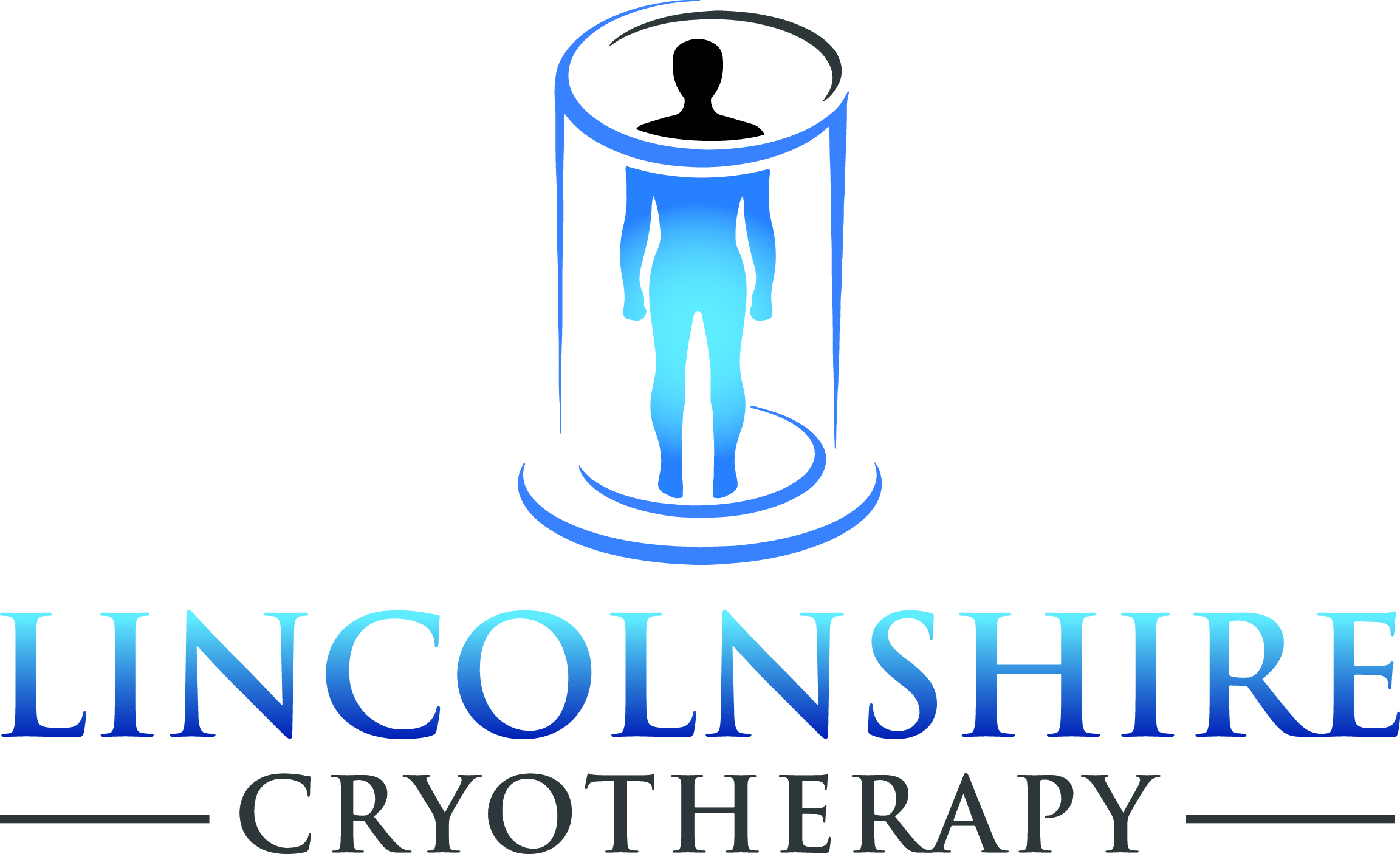Welcome to Lincoln FloatLab
FloatLab will enhance your recovery
Treat injuries and elevate your mood.
Although this site is all about Lincoln CryoLab, we do also have a Float Lab on our premises, which many of our customers find complimentary to Cryotherapy.


What is Floatation Therapy?
Floatation therapy is the practice of lying back effortlessly in one of our world-leading isopod floatation tanks and drifting into a blissful, deep, meditative state that rejuvenates and revives your mind and body.
The latest floatation therapy research shows that during floatation, the amygdala basically shuts off, ‘turning down’ anxiety in the brain. The more you float, the better you get at achieving this state.
The FloatLab delivers the deepest of meditative states to those who are not experts in meditation so that everyone can enjoy the benefits.
Enhance your recovery with Floatation Therapy.
Simply put, floating calms our overly stimulated systems and restores the body’s chemical and metabolic balance. Benefits include…
Wellbeing benefits
- Improves sleep
- Promotes total calm and peaceful relaxation
- Eliminates fatigue and jet lag
- Alleviates stress (mental and physical)
- Energises, rejuvenates and revitalises
- Increases motivation, diminishes depression, anxiety and fear
- Facilitates freedom from habits, phobias and addictions
Mental benefits of floatation
- Stimulates left/right brain synchronisation
- Shifts brain waves from beta to lower frequency alpha, theta and even delta
- Creates mental clarity, alertness
- Increases creativity, problem solving
- Heightens visualisation
- Deepens meditation
- Expands awareness, intensifies acuteness of all the senses, accelerates learning
- Enhances hypnotherapy and self-hypnosis
Physical benefits of floatation
- Decreases the production of cortisol, ACTH, lactic acid and adrenaline
- Increases production of endorphins
- Speeds up rehabilitation and recovery
- Relieves pain (arthritis, migraines, injuries and so on)
- Boosts immune function
- Improves circulation and distribution of oxygen and nutrients
- Reduces blood pressure, pulse, heart rate and oxygen consumption
- Improves athletic performance
- Helps prevent sports injuries, speeds healing process
